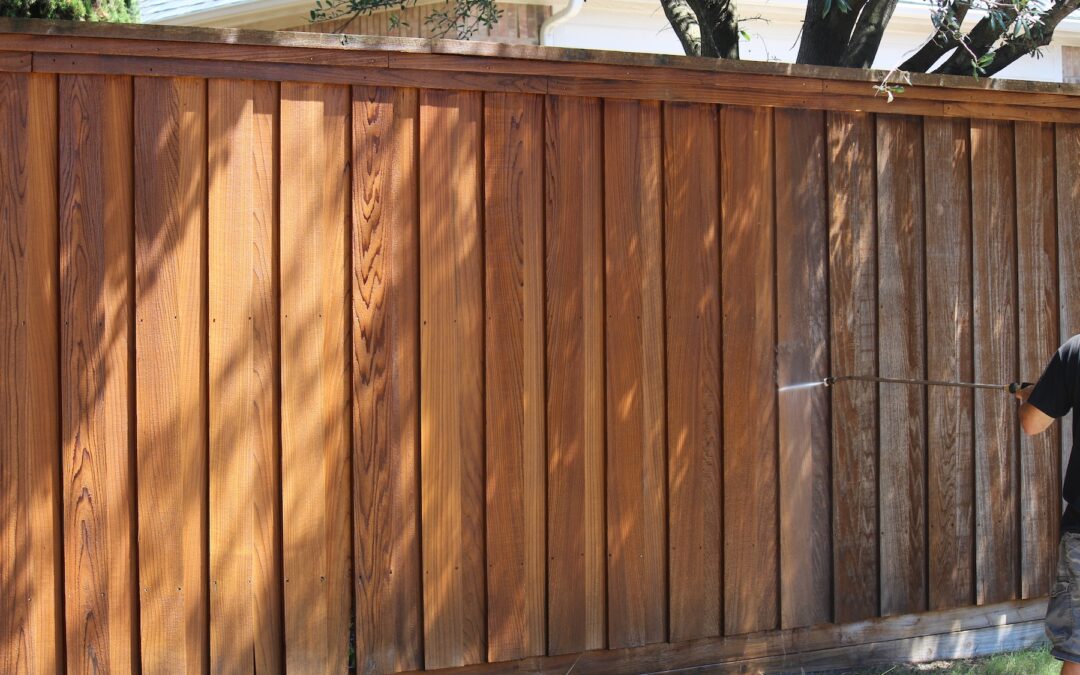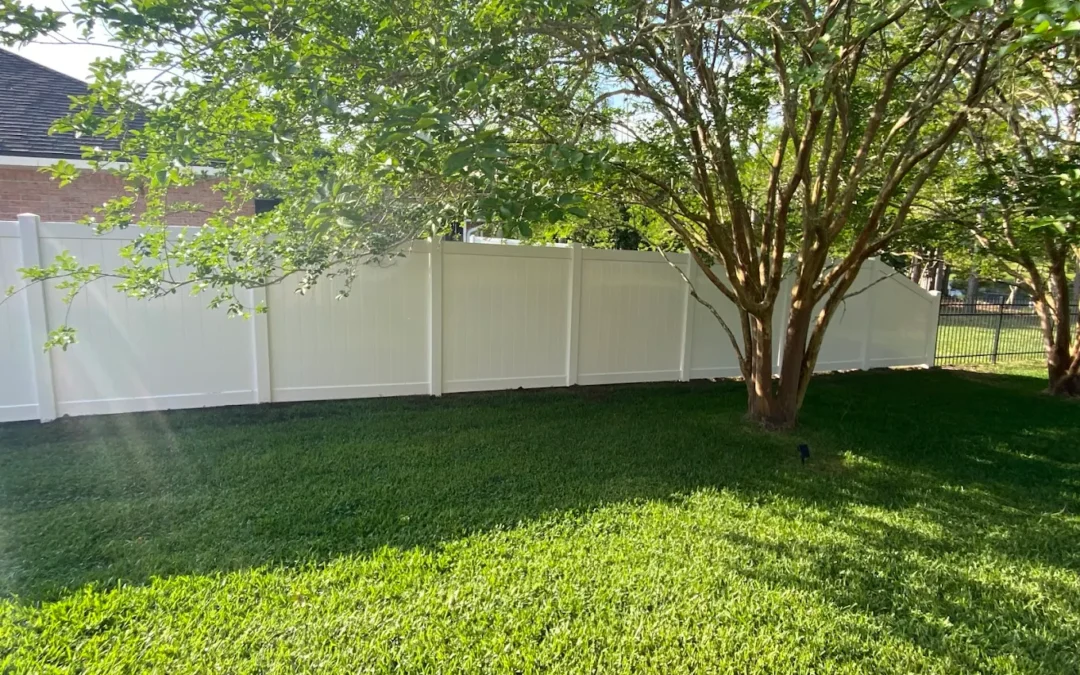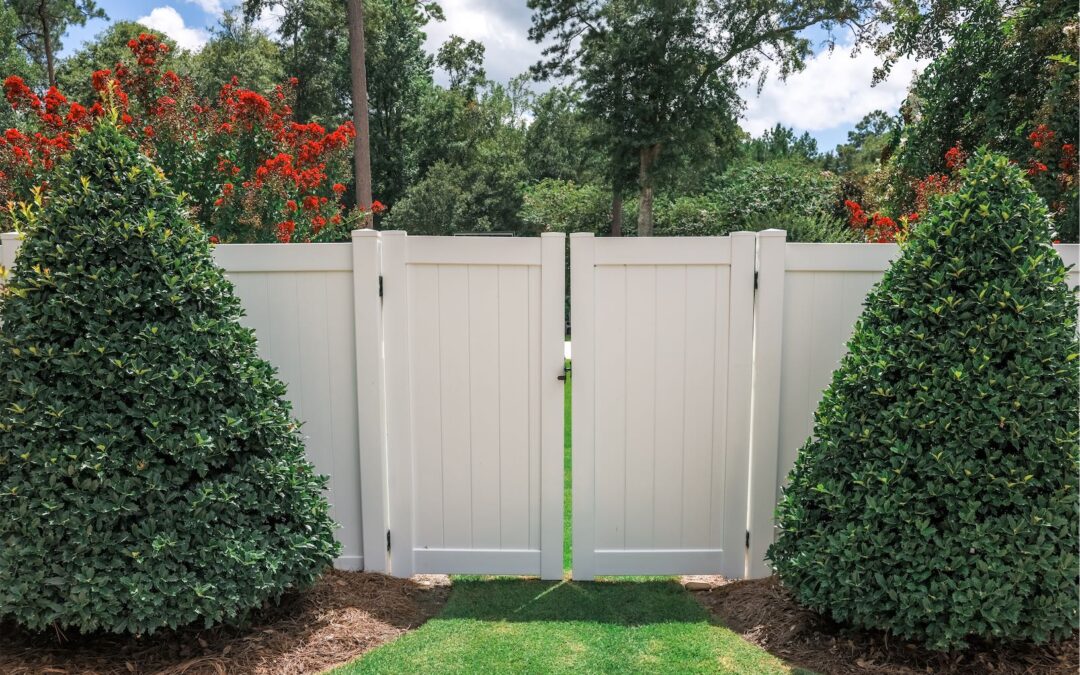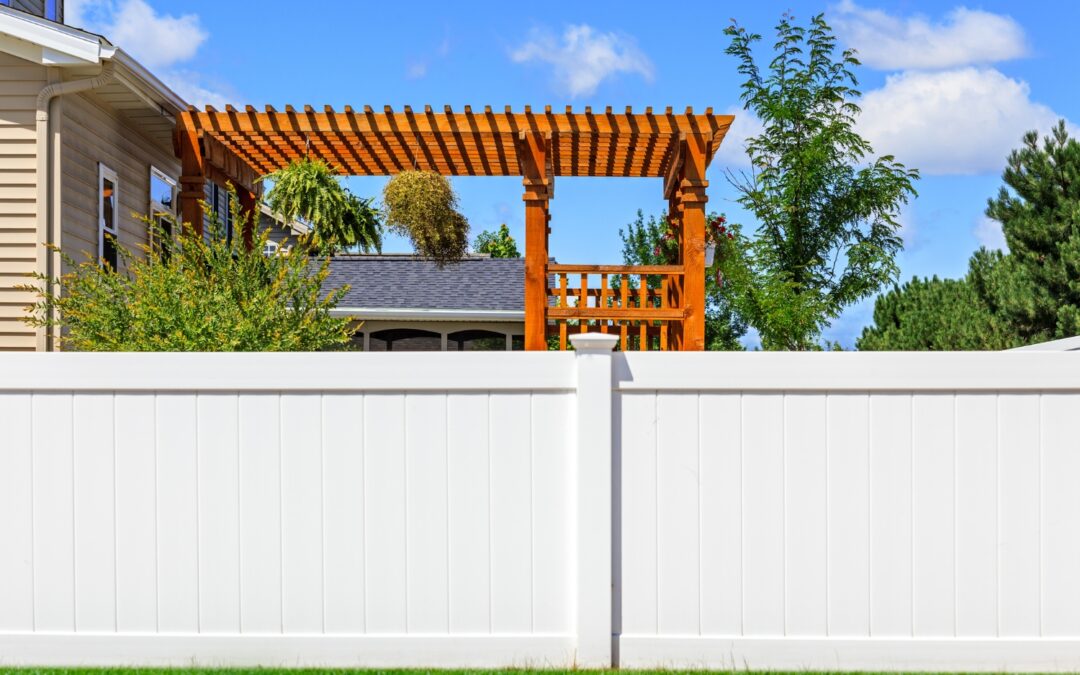Maintenance Tips for Vinyl Fences
Maintaining a vinyl fence is crucial for ensuring its longevity and aesthetic appeal. Unlike wood fences, vinyl fences require minimal upkeep, but regular cleaning and inspection can prevent issues such as discoloration and dirt buildup.
To maintain your vinyl fence, consider rinsing it with a garden hose and using a soft brush or cloth to remove any stubborn stains. Additionally, inspect the fence periodically for any signs of damage or wear, which can be easily addressed before they escalate into larger problems.
Comparing Fencing Materials: Pros and Cons
When choosing a fence, it's essential to understand the advantages and disadvantages of different materials. This comparison helps homeowners make informed decisions based on their specific needs and preferences.
For instance, while wood offers a classic look and can be more affordable upfront, it requires regular maintenance and may not last as long as vinyl. Conversely, vinyl fences are durable and low-maintenance but can have a higher initial cost. Understanding these trade-offs can guide homeowners in selecting the right fencing solution.
Choosing the Right Fence Style for Your Home
The style of your fence can significantly impact your home's curb appeal and functionality. Selecting the right style involves considering your home's architecture, your neighborhood's aesthetic, and your personal preferences.
Popular styles include picket, privacy, and ranch fences, each serving different purposes. For example, a privacy fence provides seclusion and security, while a picket fence adds charm and delineates property boundaries without obstructing views. Evaluating these factors will help you choose a fence style that complements your home.
Cost Considerations for Fencing Projects
Understanding the costs associated with fencing projects is vital for budgeting effectively. Factors such as material type, fence height, and installation method can all influence the overall price.
For example, while vinyl fencing typically has a higher upfront cost compared to wood, its durability and low maintenance can result in long-term savings. Homeowners should also account for additional expenses like permits and professional installation if they choose not to DIY, ensuring a comprehensive budget plan for their fencing project.





